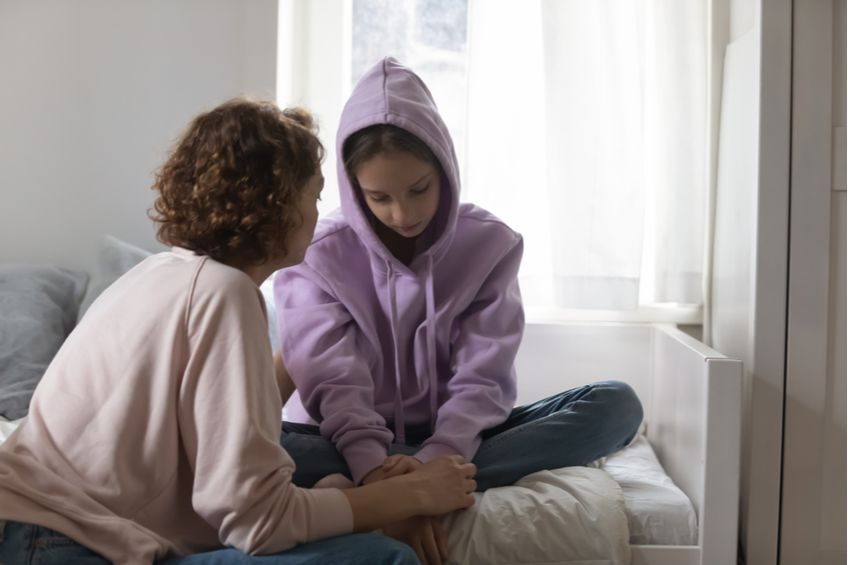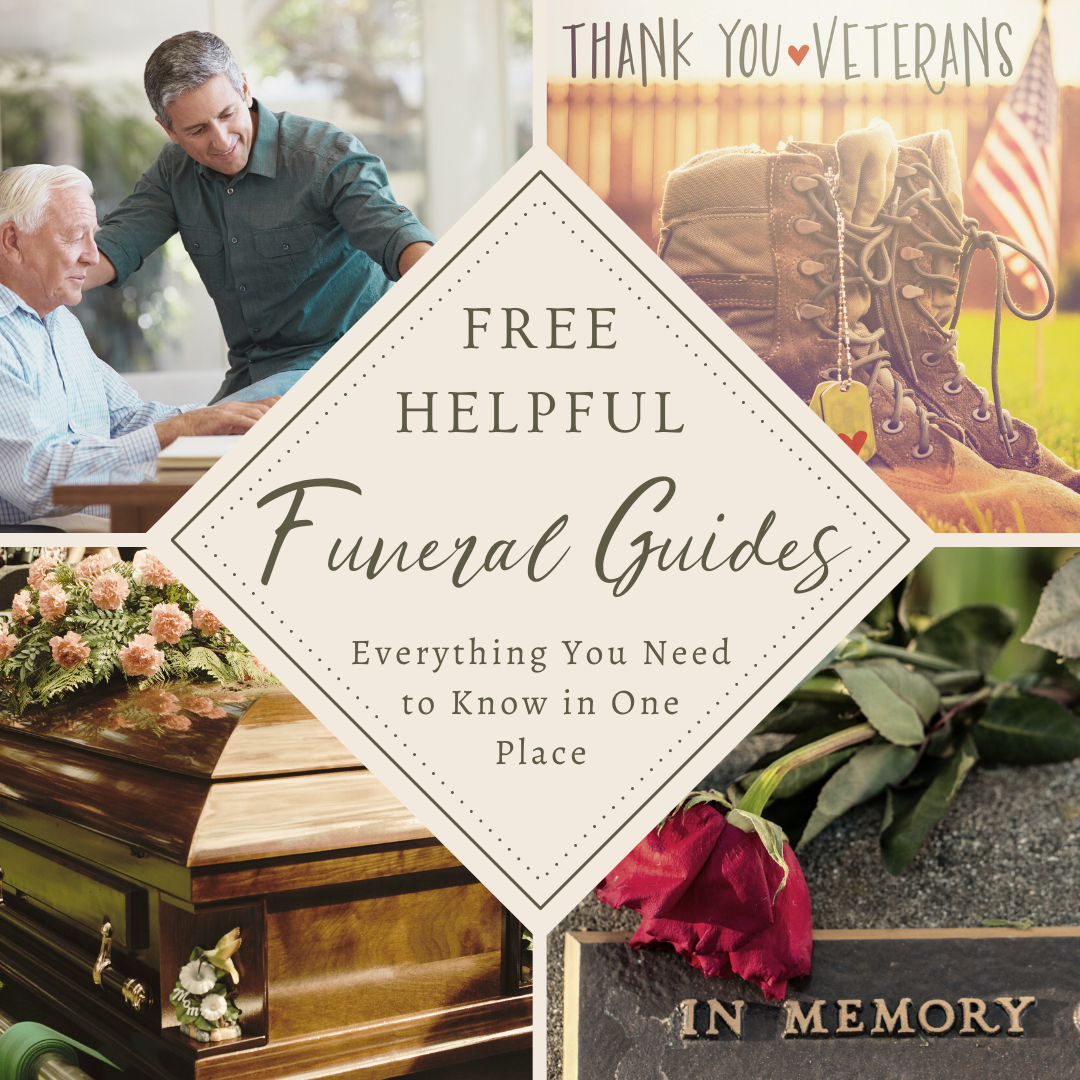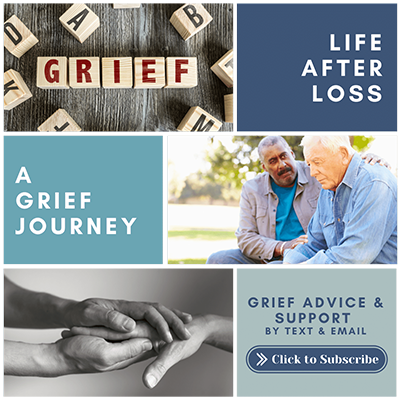Losing a parent is a difficult life event and can be even more difficult when you are faced with the task of telling your children that their grandparent has died.

Losing a parent is a difficult life event and can be even more difficult when you are faced with the task of telling your children that their grandparent has died.
Depending on their age, a child may ask all kinds of questions. Keep your answers as simple and honest as possible. You may also want to rethink using common euphemisms about death as children may interpret them differently from adults.
For example, don't tell a child that Grandma is "sleeping.” This may make your child may be afraid to go to sleep. You may say something like "Grandpa is up in heaven watching over you.” However, your child may be terrified that Grandpa has become an ever-present spy.
It is also important to remember that your children need to resolve their own grief. They will take their cues from you, so let them see your own grief. Don't try to "protect" them from the grieving process.
Also, know that children express their emotions differently than adults. You may see some changes in behavior that are likely normal. These emotions can also come out at school, so it’s also a good idea to let your child’s teacher know what happened as well so they can be prepared to support your child. Your child may also benefit from talking to the school counselor.
You may also wonder if it is appropriate to take your child to the funeral. In most cases, children can (and should) be allowed to go to the funeral unless they don't want to go. Keeping them home from the funeral may make them feel rejected and deny them the feeling of closure that funerals typically provide.
Know that children, just like adults, feel grief in complex and individual ways. However, they may not be able to verbalize their feelings the same way adults can. Therefore, it is up to the adults in their life to support them on this journey. If you feel like you are not up to the task, don’t hesitate to enlist the help of other friends, family, or even a professional counselor.

